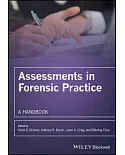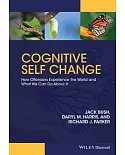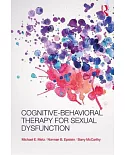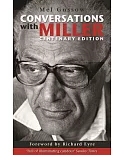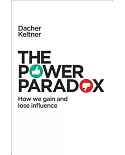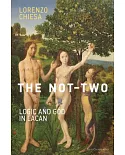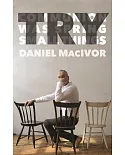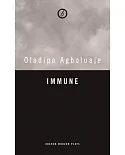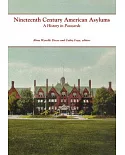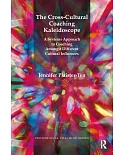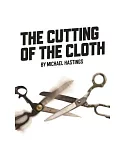During the past two decades, the frequency and range of expert testimony by psychologists have increased dramatically. Courts now routinely hear expert testimony from clinical, cognitive,
developmental, and social psychologists. Expert Psychological Testimony for the Courts provides a comprehensive, research-based analysis of the content, ethics, and impact of expert
testimony. This book features leading scholars who have contributed to the scientific foundation for expert testimony and who have also served as expert witnesses.
The opening chapter explores issues surrounding the admissibility of expert testimony, and the closing chapter explores the ethics and limits of psychological testimony. Each of the
intervening chapters focuses on a different area of expert testimony: forensic identification, police interrogations and false confessions, eyewitness identification, sexual harassment,
mitigation in capital cases, the insanity defense, battered women, future dangerousness, and child custody. These chapters describe the typical content of expert testimony in a particular
area, evaluate the scientific foundation for testimony, examine how jurors respond to expert testimony, and suggest ways in which legal standards or procedures might be modified in light of
psychological research.
This groundbreaking book should be on the shelf of every social scientist interested in the legal system and every trial attorney who is likely to retain a psychologist as an expert
witness. It can also serve as a text for advanced courses in psychology, legal studies, criminal justice, law, and sociology.





